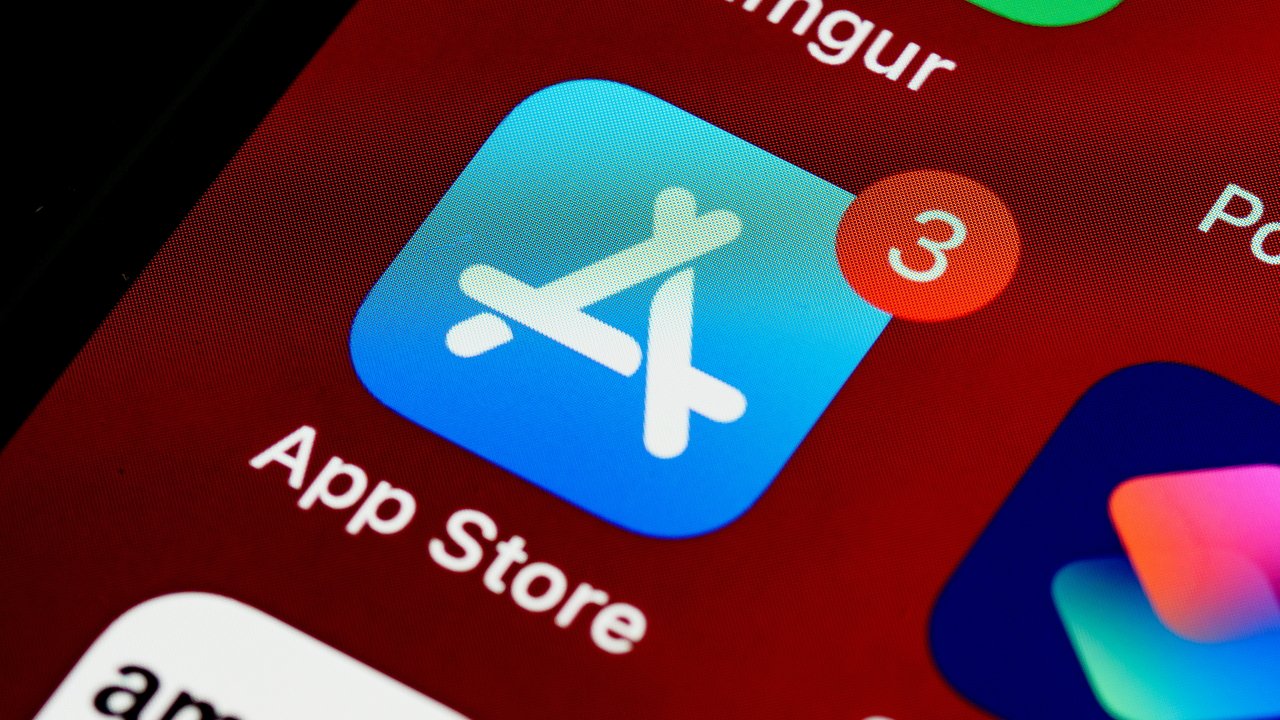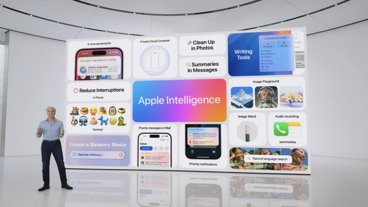Following Epic Games's requesting that Apple should be held in contempt of court over what it alleges is failure to comply with an anti-steering ruling, Apple has issued a rare direct response.
The long-running legal battle between Epic Games and Apple appeared to end in January 2024, with Apple winning all but one of the case's points. Now Epic Games has accused Apple of failing to comply on that one injunction by not implementing anti-steering measures to help rivals communicate directly with their users.
In response, an Apple spokesperson has sent AppleInsider extracts from its formal Statement of Compliance. It begins with a claim that "As of January 16, 2024, Apple has fully complied with the Injunction," and details how it has changed its previous rules on developers contacting customers directly.
"[Apple] is striking the relevant parts of the App Store Review Guidelines applicable to apps on the US storefronts of the iOS and iPadOS App Stores and implementing new rules," says the statement. It specifies that Apple is now permitting developers to "include in their apps buttons or links with calls to action that direct customers to purchasing mechanisms in addition to IAP [Apple's in-app purchasing]."
Apple says that developers can now also "communicate with customers through points of contact obtained voluntarily from customers through account registration within the app." Apple says that this gives developers "the option of informing consumers, both within and outside the app, about alternative purchase mechanisms in addition to IAP."
Epic had claimed that Apple's rules "impose prohibitions on developers that this Court found unlawful and enjoined." The games company said that the "new policies frustrate and effectively nullify the relief the Court ordered."
In response to this, Apple noted that:
The Court described the Injunction as a "limited measure" that "balance[d] the justification for maintaining a cohesive ecosystem with the public interest in uncloaking the veil hiding pricing information on mobile devices and bringing transparency to the marketplace." Perry Decl. Ex. 5, at 166.The Court recognized, however, that while transparency and consumer choice are important, Apple and millions of iPhone users still have a substantial interest in the "integrity of the ecosystem." Id. at 164.
The Court expressly noted that Apple could continue to require the use of IAP for in-app transactions. Perry Decl. Ex. 7, at 4. Moreover, the Court clarified that Apple could still "take steps to protect users" from new threats created by the Injunction's mandate. Perry Decl. Ex. 7, at 3.
The Court stated it would not "micromanage" the new framework. Id. The Ninth Circuit stayed the Injunction pending issuance of the appellate mandate. See Perry Decl. Ex. 8.
Apple also defended how it has mandated that App Store developers must follow certain rules in order to have this direct communication with customers.
"As Apple has previously explained, and Epic has never disputed, unregulated external payment links will "harm users, developers, and the iOS platform more generally." Perry Decl. Ex. 12 10.5In order to minimize the considerable risks posed by external payment links, Apple will require developers to adhere to certain requirements to qualify for and use the Link Entitlement. These requirements are necessary to protect user privacy and security, maintain the integrity of Apple's ecosystem, promote the flow of information, avoid user confusion, and enable efficient review of developers' apps by App Review.
They also guard against the uncompensated use of, among other things, Apple's platform, services (including but not limited to marketing and external advertising), and proprietary tools and technologies protected by intellectual property. Fischer Decl. 22, 35.
The requirements are informed by Apple's substantial experience. Id. 21; see also Perry Decl. Ex. 7, at 3 (noting that Apple could look to "alternatives outside the app" like the reader rule to promote security and maintain its ecosystem); Perry Decl. Ex. 5, at 37 (recognizing that privacy and security are not "static" issues, and require Apple to respond and react to new developments and technological advancements)."
Separately, Epic Games is continuing to press the European Union over Apple. In that case, its criticisms concern what it alleges is Apple's "malicious compliance" in only technically following the laws of the Digital Markets Act.
 William Gallagher
William Gallagher








-m.jpg)






 Wesley Hilliard
Wesley Hilliard
 Christine McKee
Christine McKee
 Malcolm Owen
Malcolm Owen

 Andrew Orr
Andrew Orr







-m.jpg)




17 Comments
Can someone explain to me why only Apple is getting attacked? Consoles such as the Switch and Playstation don’t allow alternative app stores. In the switch’s Fortnite case VBucks aren’t usable if you got them from outside the switch store/battle pass. In fact I logged into my account on Playstation and I had 4,700 vbucks while My Switch said 700.
The tax man could argue my malicious compliance because I use every letter of the law I can to pay the least amount of taxes possible. Anything more is fiscally irresponsible.
For all the damage ($$$) Sweeny has caused Apple, they should publicly declare to everyone that Epic is never going to be on Apple devices! Apple, unlike nearly every vindictive company, has never to my recollection ever dumped on them……or anyone. "Them" being Epic, Spotify, X, Microsoft, Samsung………and the list goes on. In the cases of Epic and Spotify, these companies wouldn't be nearly as successful as they are had it not been for Apple.